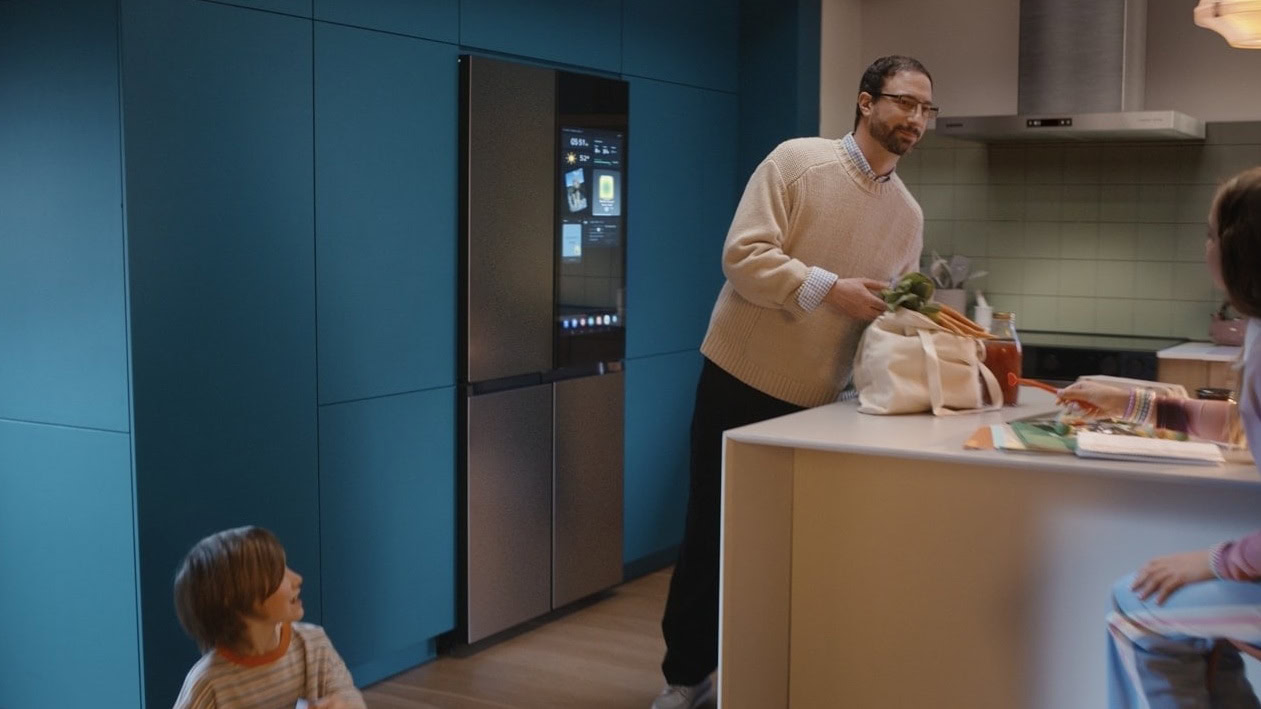LaLiga, Spain’s top football league, is facing a firestorm of criticism after boasting about a staggering 142% increase in anti-piracy takedown notices in early 2025 while simultaneously causing extensive collateral damage across the internet.
As the 2025/2026 season began on August 15, LaLiga ramped up its enforcement strategy, triggering widespread outages for entirely lawful websites, services, and platforms.
These disruptions are tied to a controversial anti-piracy scheme operated in partnership with telecom giant Telefónica.
The initiative, which enjoys judicial backing in Spain, allows LaLiga to instruct major internet service providers, including Movistar, Vodafone, Orange, and DIGI, to block IP addresses suspected of hosting unauthorized streams.
The fallout is that entire chunks of the internet go dark for Spanish users, often during match broadcasts.
LaLiga doesn’t target specific infringing content. Instead, it flags entire IP ranges, many of which are shared by thousands of unrelated domains.
When one site is accused of hosting pirated material, everyone else sharing that IP address gets swept up in the block.
The result is a digital dragnet that has ensnared companies as diverse as Amazon, Cloudflare, GitHub, Twitch, and even Google Fonts.
TorrentFreak has documented repeated weekly blocks of platforms like Vercel since early 2025, while Catalonia’s own .cat domain registry has also reported service disruptions.
The issue became so disruptive that iXsystems, the team behind TrueNAS, a widely used open-source NAS operating system, was forced to shift its distribution model entirely. After its CDN IPs were repeatedly blocked in Spain, making critical security updates inaccessible to users, the developers resorted to distributing their software via BitTorrent.
[…]
LaLiga, meanwhile, continues to tout its enforcement record. A self-published report revealed that over 26 million takedown notices were sent in the first half of 2025 alone, more than doubling the total from all of 2024.
Source: LaLiga’s Anti-Piracy Tactics Disrupt Major Sites in Spain
As site blocks pile up, European Commission issues subtle slapdown to Italy’s Piracy Shield
Italy is losing its mind because of copyright: it just made its awful Piracy Shield even worse
Now the copyright industry wants to apply deep, automated blocking to the Internet’s core routers

